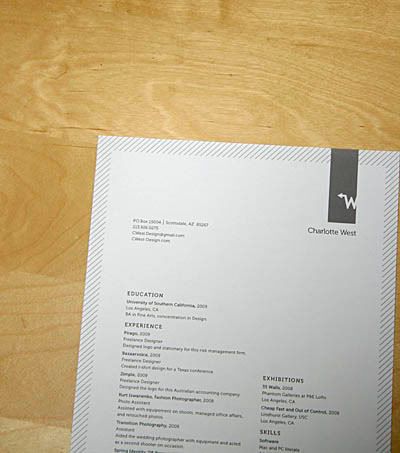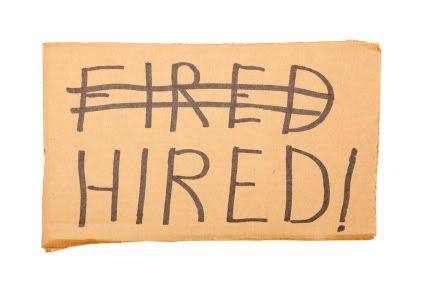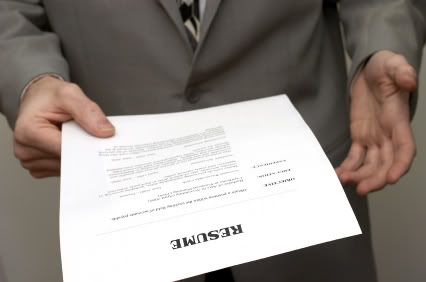Get your resume to their inbox

Tweet
If you’re looking for work and creating a resume, you should not only carefully review the resume, but also consider some tactics to make sure your emailed resume isn’t getting lost in employers’ spam email filters.
If you’re on the hiring side of the desk, check for the same problem, which may be be preventing you from seeing the resumes of highly qualified candidates.
When this post was originally written in October 2004, the Wall Street Journal had just reported on this problem of the growing use of spam filtering technology and its potential interference with emailed resumes (excerpted here).
Spam-filtering technology has improved since then, while spammers have changed methods, so we’ve expanded, updated, and republished this post to help today’s jobseekers with the following resume tips.
1. When Creating a Resume, Avoid Problematic, “Spammy” Words.
According to this WSJ article, some good resumes are filtered out as spam due to the use of specific “bad” words common in spam:
The mere presence of words such as “free,” “expand,” “trial,” “mortgage,” or exclamation points or colored backgrounds — all of which might be used by resume writers as well as spammers — could trigger some filters.
The WSJ told the story of an applicant who had received his MBA degree magna cum laude. Who wouldn’t want to list that honor in their resume?
However, spam filters have a little problem with the word “cum,” because of its less honorable meaning, as this applicant learned when a company informed him that his resume had been deleted from its system because it contained an “obscenity.”
He fixed the problem: His resume now says he graduated with “high honors.”
Similarly, while creating a resume to be emailed, think about the words you use and whether you commonly see them in the spam you receive. Those “spammy” words may relate to:
◦ Types of products and services commonly marketed through spam (be careful if you’ve brokered mortgages or sold pharamaceuticals!).
◦ Sales pitch adjectives like “free” or “best.”
◦ Dollar amounts. It may be important to include on your resume how much your average sales were, how much you increased revenues, etc., but beware: dollar amounts are common to spam, either in prices or as part of the sales pitch (such as “make over $10,000 a month with Google”).
| 1 | 2 | 3 | Next Page















